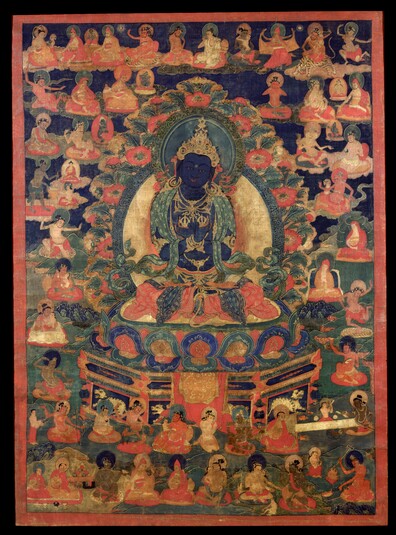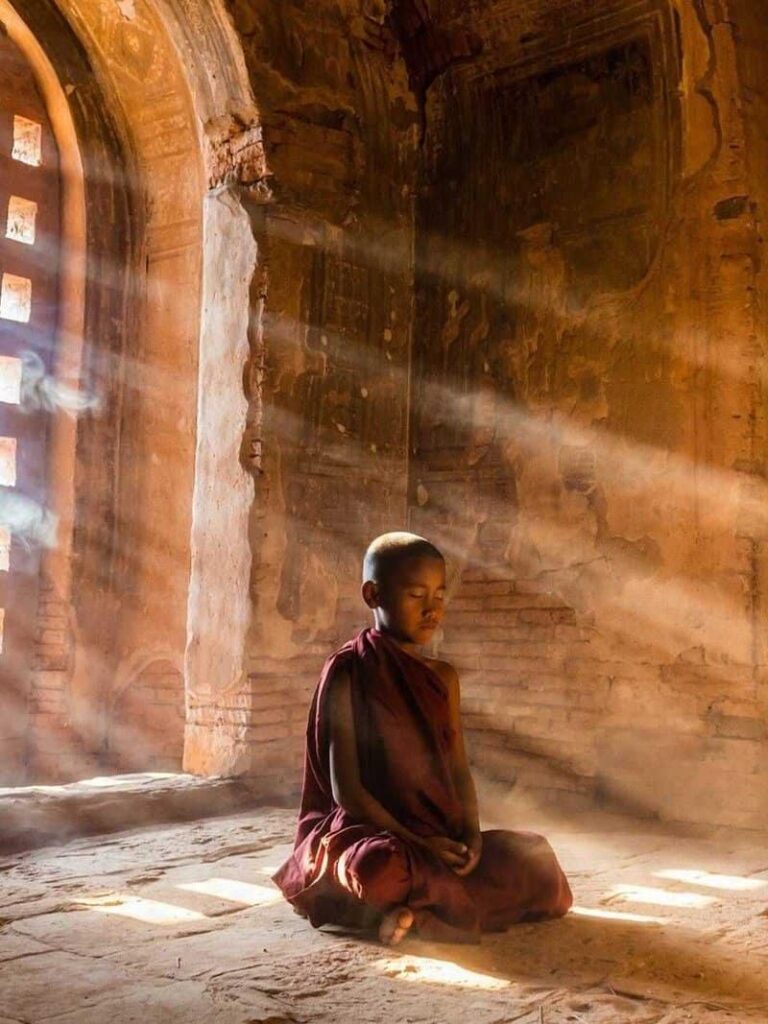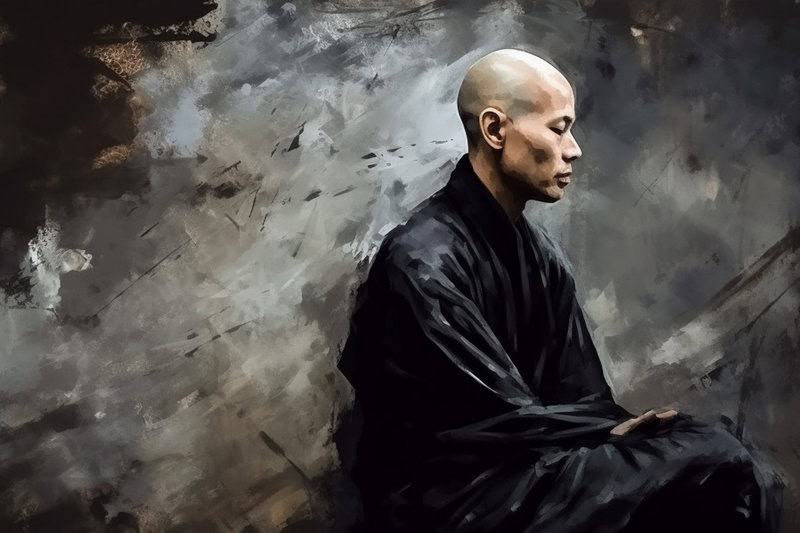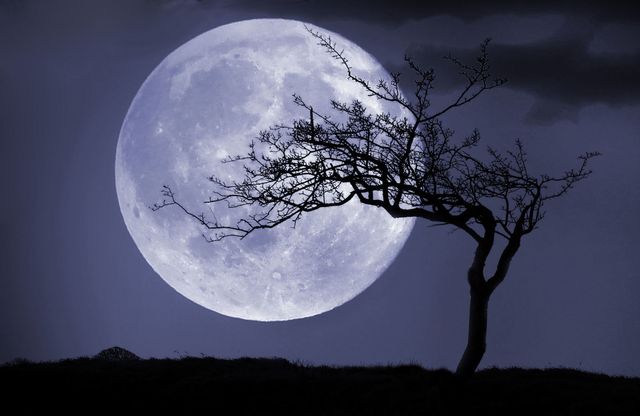In response to a reply saying that:
The dust does not come from teacher – it means it comes from you; which means the mirror itself – more exactly its ability to reflect, is part of your mind, not something “outer”.
Absolutely! The guru is the mirror with which you are able to see your mind. His or her being and actions provide the means with which you can see clearly your mind. And of course, in a sense, the guru is your mind – the guru’s appearance arises in your mind. The guru can only arise in the context of your mind. In that sense, the guru’s mind and your own are inseparable. There is no guru outside of your mind.
Nevertheless, in terms of skilful means, I think the metaphor is pointing out that the interaction with a guru can be a much more powerful means of development than relying on your own efforts alone. That’s the key to Vajrayana method.
In that sense, “approaching the mirror” is not really a physical movement, but more like turning your devotion towards Teacher …
Yes indeed, but perhaps more accurately to say that the process is one of turning your awareness towards the guru. At this stage of the metaphor, the turning towards the guru (turning towards the mirror) is that of bringing awareness to the relationship with the guru.
We always have devotion – but to what?
we always have devotion to some cause, or causes, or to something we think, or do, or desire – that is how we got caught into karmic circle. but we can use this quality of our mind – devotion – and turn towards our true nature directly…what do you think ?
That’s a really nice observation:-)
And it’s interesting that the root of devotion is the same root that entangles us in samsara – that of desire. In a sense, the same energy, directed towards different objects. The same attractedness, or fascination.
But perhaps devotion differs in one respect from other manifestations of desire? Desire is a wanting to possess something, to bring it into oneself, in a desire to gain lasting happiness. But devotion is in one sense a giving. It’s love turned towards an object which is somehow higher or more realised than oneself. And that sort of love has quite a nature of giving, rather than taking ….

Dorje Chang Thung
Is the “Dorje Chang Thung” prayer the proper name for what I know as the short invocation of blessing of Mahamudra Lineage?
Dorje Chang Thung is the traditional Tibetan name for the prayer. It’s taught in two ways. Firstly as a devotional song, which is a beautiful supplication to our lineage fathers. But it’s also used as a meditation, which goes through the four key stages with its four main sections. These four sections correspond to the Four Ordinary Foundations (Four thoughts which turn the mind), the Four Special Foundations (Ngondro), Shamata, and Vipassana. As such, it’s a complete path, and the meditation on it can be profound indeed.
best wishes to you




